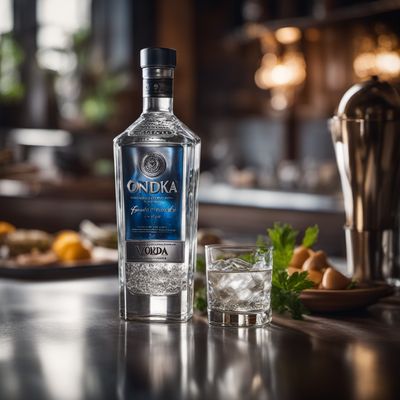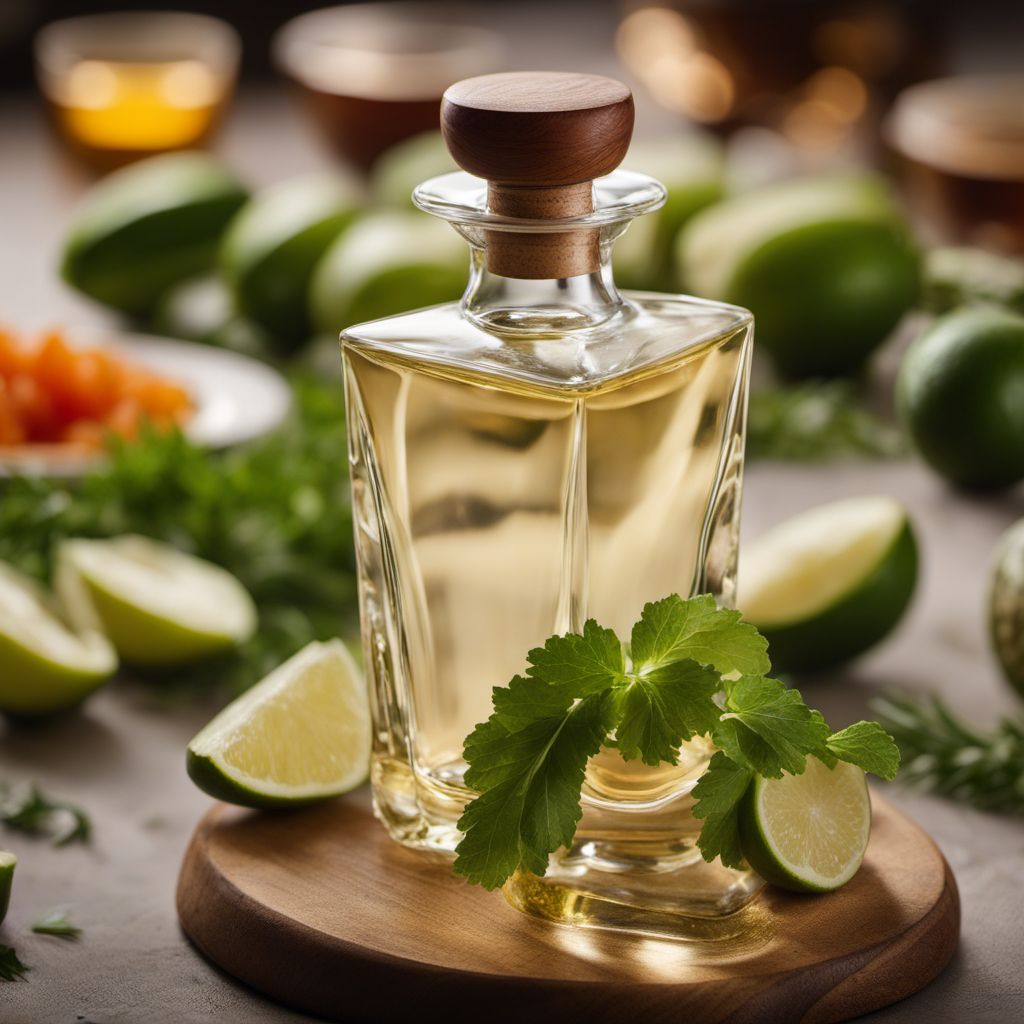
Ingredient
Tequila and similar spirits
"The Spirit of Mexico: Unveiling the World of Agave-Based Elixirs"
Tequila and similar spirits, such as mezcal and sotol, are distilled alcoholic beverages made from the agave plant. Tequila, specifically, is produced from the blue agave plant in Mexico. These spirits possess a distinct flavor profile, ranging from earthy and smoky to sweet and floral, depending on the type and aging process. They often exhibit a smooth and velvety texture, with a clear or amber appearance. The complexity and depth of these spirits make them a favorite among mixologists and culinary enthusiasts.
Origins and history
Tequila has a rich history rooted in Mexico, where it has been produced for centuries. The indigenous people of Mexico, particularly the Aztecs, were the first to ferment the sap of the agave plant, giving birth to the precursor of modern-day tequila. The production of tequila became more refined with the arrival of the Spanish conquistadors, who introduced distillation techniques. Today, tequila is a symbol of Mexican culture and is protected by a designation of origin, ensuring its authenticity and quality.
Nutritional information
Tequila and similar spirits are low in calories and carbohydrates, making them a relatively healthier choice compared to other alcoholic beverages. They do not contain any fat or cholesterol and are typically gluten-free. However, it is important to consume them in moderation and be mindful of added sugars in flavored varieties.
Allergens
Tequila and similar spirits are generally free from common allergens such as nuts, dairy, and gluten. However, individuals with specific allergies or sensitivities should always check the label or consult with a healthcare professional.
How to select
When selecting tequila or similar spirits, look for bottles that bear the "100% Agave" label, indicating that they are made solely from agave plants. This ensures a higher quality and more authentic product. Additionally, consider the aging process, as different aging techniques can result in varying flavor profiles. Opt for reputable brands and seek recommendations from knowledgeable sources to ensure a satisfying choice.
Storage recommendations
To maintain the freshness and quality of tequila and similar spirits, store them in a cool, dark place away from direct sunlight and extreme temperatures. Once opened, tightly seal the bottle to prevent oxidation and store it upright to minimize contact with air. Avoid storing near strong-smelling substances, as these spirits can absorb odors.
How to produce
While producing tequila and similar spirits requires specialized equipment and expertise, amateur enthusiasts can explore the art of home fermentation and distillation using agave nectar or syrup. However, it is crucial to research and follow local laws and regulations regarding home distillation to ensure safety and legality.
Preparation tips
Tequila and similar spirits are incredibly versatile and can be enjoyed neat, on the rocks, or as a base for cocktails. For a classic margarita, combine tequila, lime juice, and a sweetener of choice, then shake or blend with ice. Experiment with different flavor combinations by infusing tequila with fruits, herbs, or spices. Remember to sip and savor these spirits to fully appreciate their complexity.
Culinary uses
Tequila and similar spirits are widely used in cocktails, such as margaritas, palomas, and tequila sunrises. They also add depth and complexity to marinades, sauces, and desserts. Tequila can be used to deglaze pans, adding a unique flavor to savory dishes like shrimp or chicken. Mezcal, with its smoky profile, is often enjoyed neat or used to create mezcal-based cocktails.
Availability
Tequila is primarily produced in Mexico, particularly in the state of Jalisco. However, it is widely available in liquor stores and supermarkets worldwide. Similar spirits like mezcal and sotol may have more limited availability outside of their respective regions.
More ingredients from this category
Recipes using Tequila and similar spirits
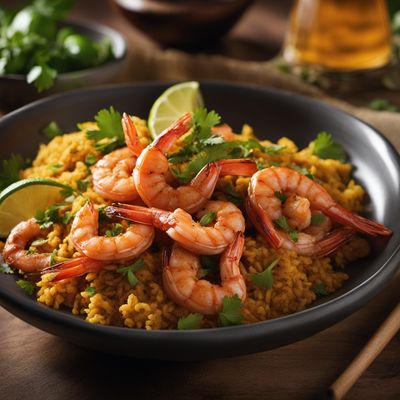
Kuwaiti-style Tequila Shrimp
Sizzling Kuwaiti Tequila Shrimp Delight
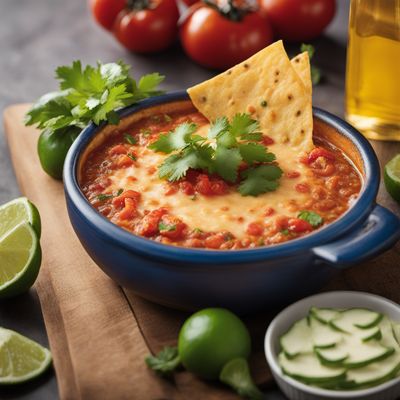
Queso Fundido Fiesta
Tequila-Infused Cheese Fiesta

Puerto Rican Chinese Queso Fundido
Tequila-Infused Cheese Delight with a Puerto Rican Chinese Twist

Mexican Tiramisù
Café Mexicano Tiramisù: A Spicy Twist on a Classic Italian Dessert
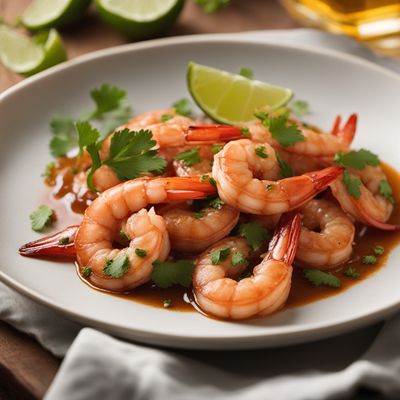
Tequila-Glazed Shrimp
Fiery Tequila-Glazed Shrimp: A Mexican Delight
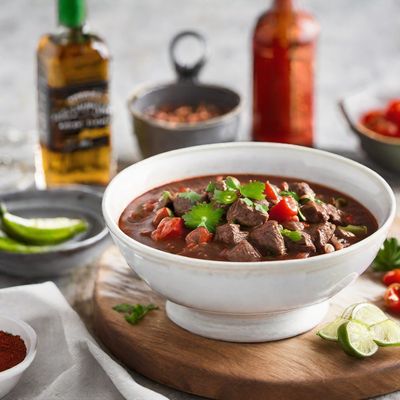
Mexican Beef Bourguignon
Bourguignon con Sabor Mexicano (Bourguignon with Mexican Flavor)

